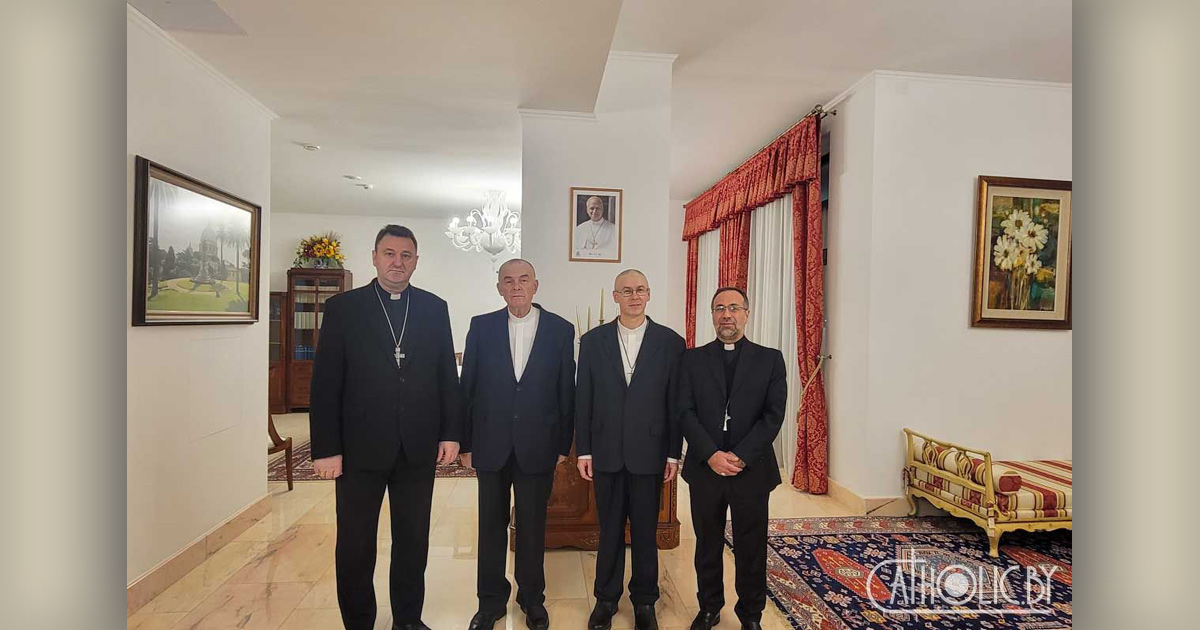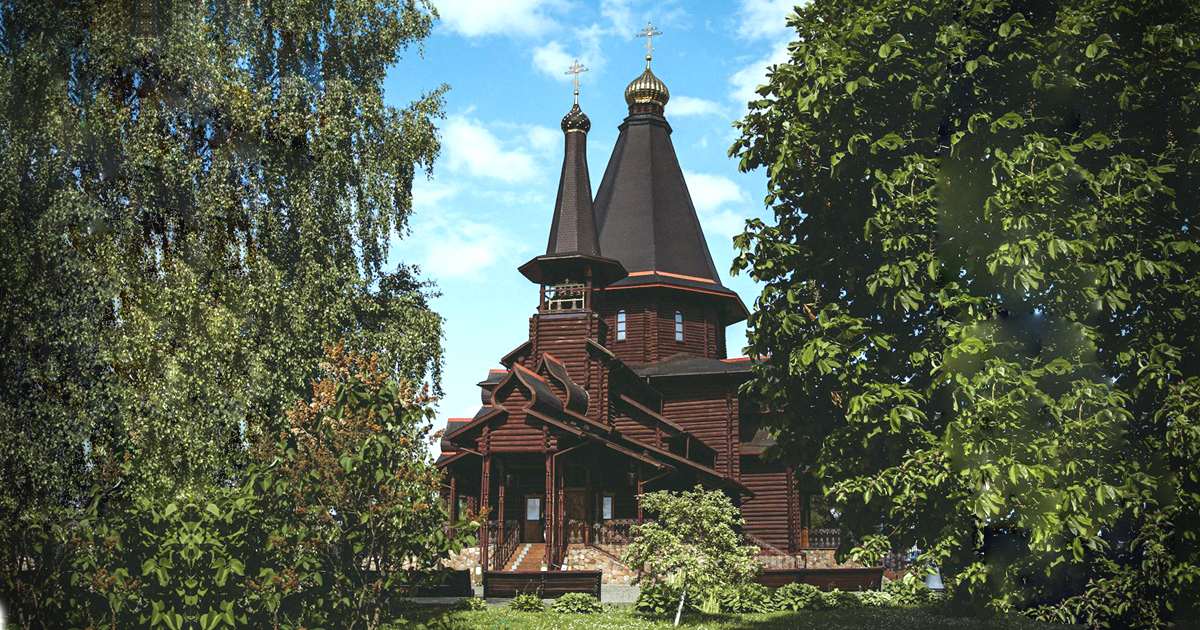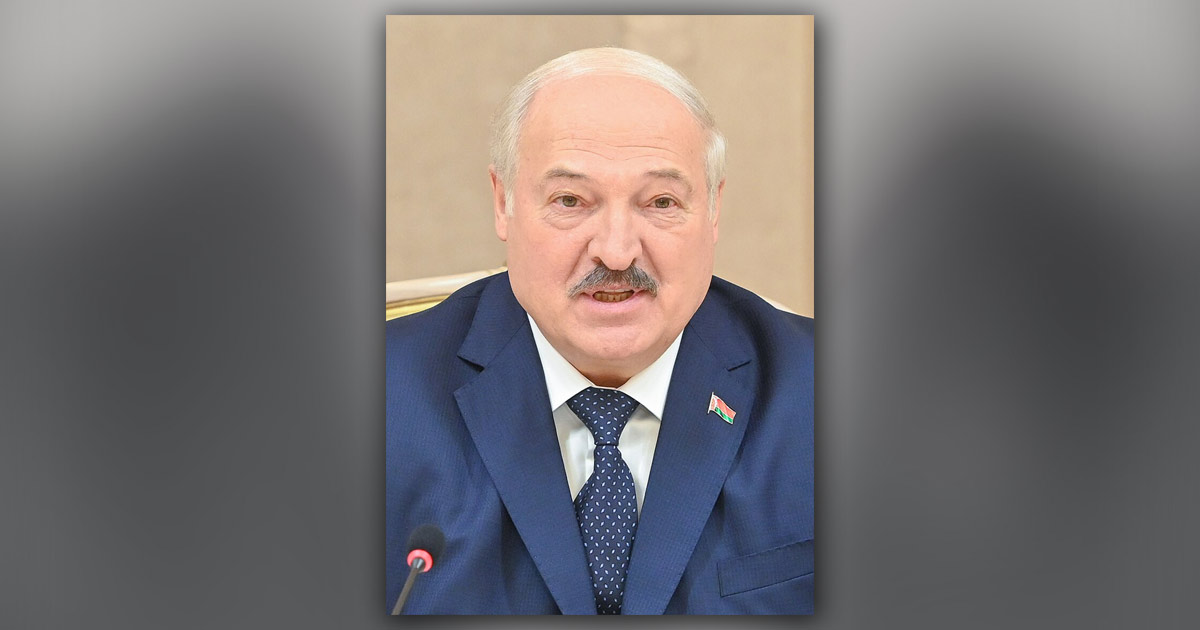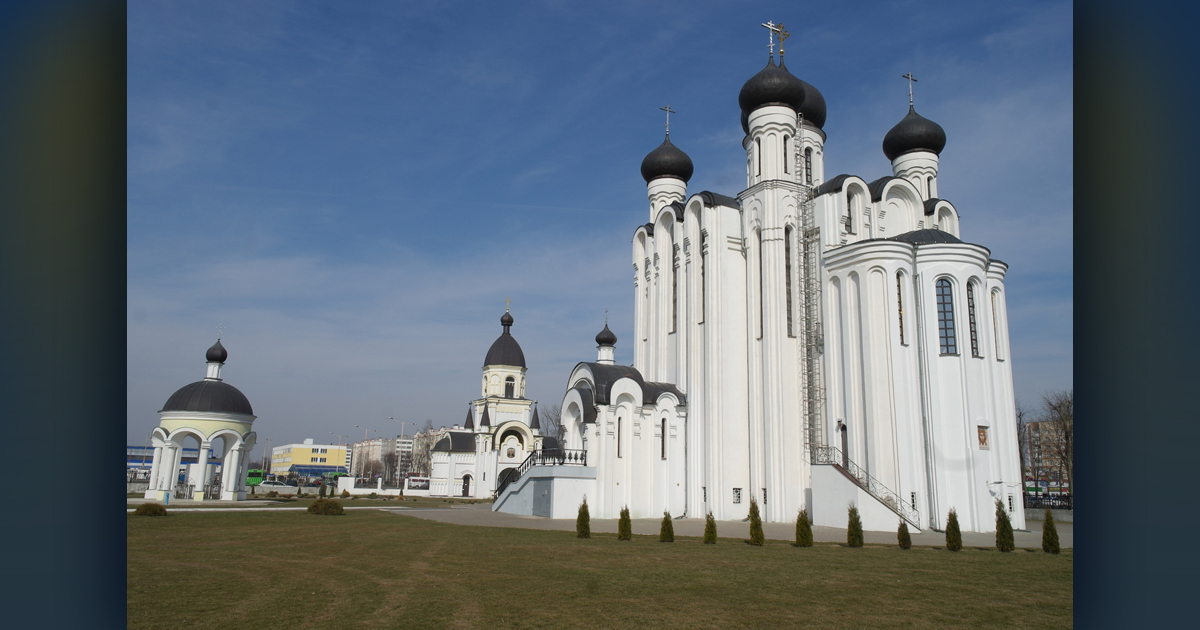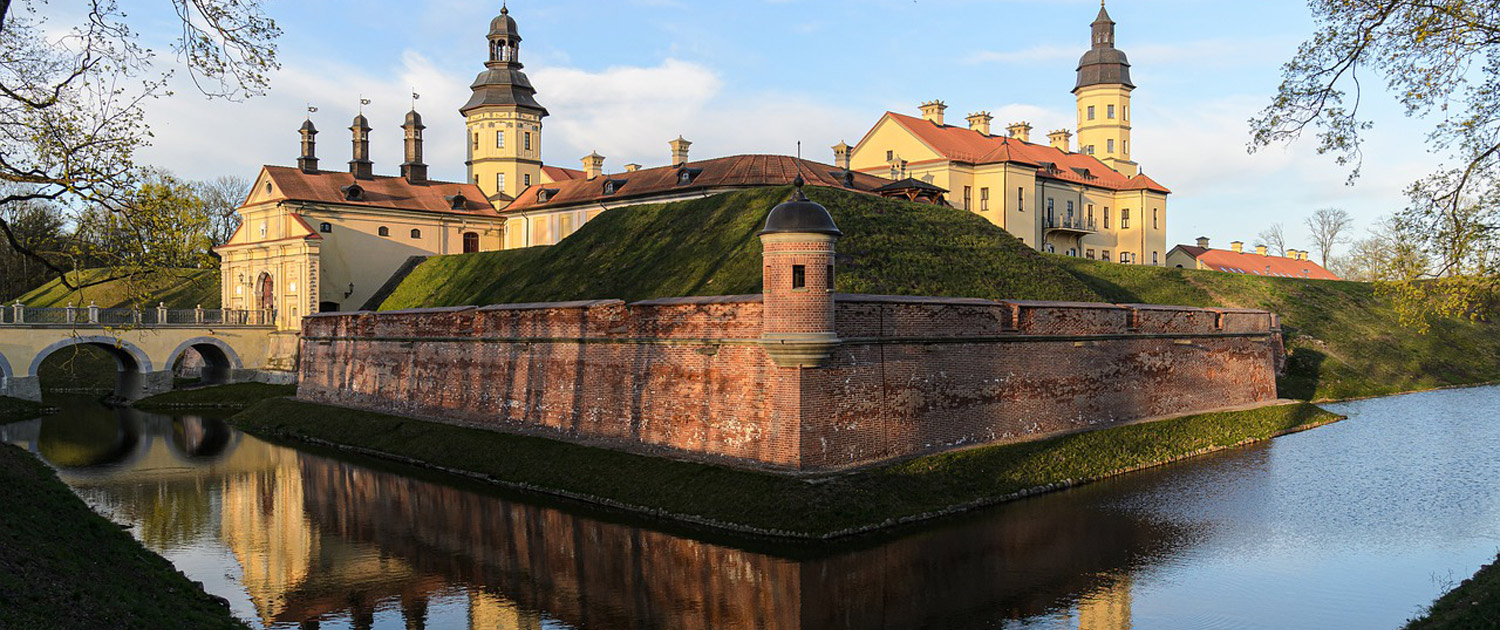
Belarus
Belarus is officially a republic country. However, in practise, the government restricts basic human rights and does not uphold the rule of law. Other national governments have expressed grave concerns over the lack of true democratic principles in what has been referred to as "Europe's last dictatorship."
Life for Christians:
Although the constitution protects religious freedom, a 2002 religion law affords the Belarusian Orthodox Church the primary role of developing the traditions of the nation's people. Other "traditional faiths" maintain historical importance, but religious groups outside those outlined in the religion law face serious restrictions. All congregations must register, but it is an expensive and drawn-out process that frequently proves to be humanly impossible.

 Designation
Designation